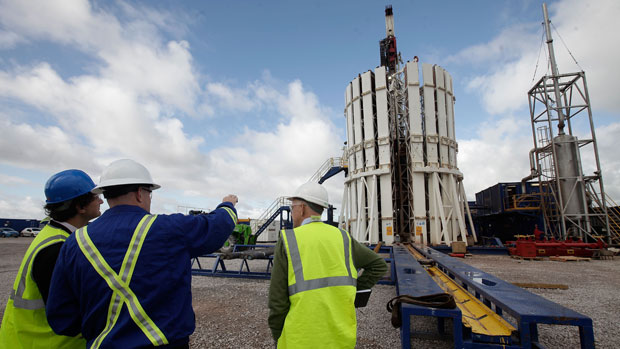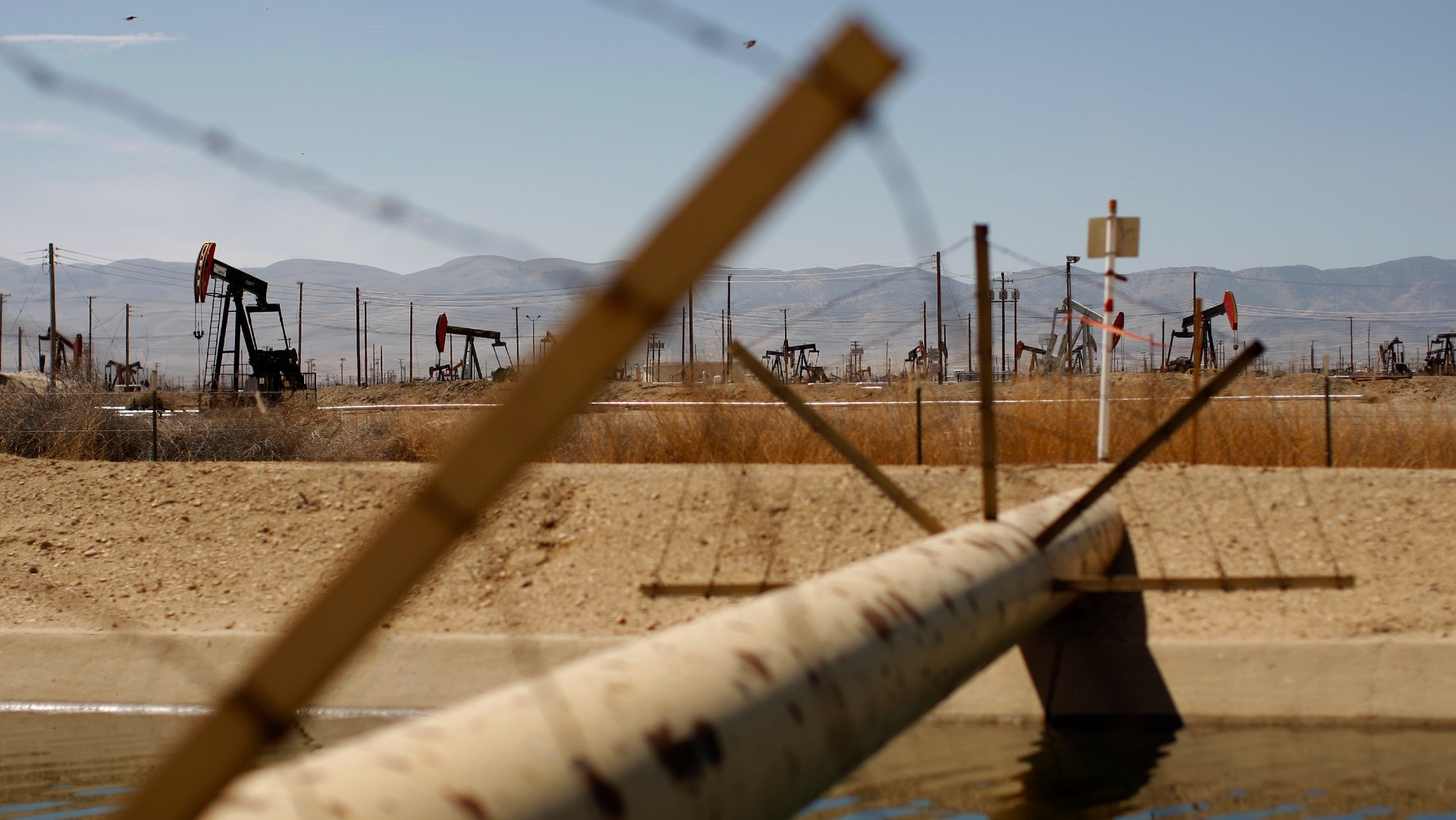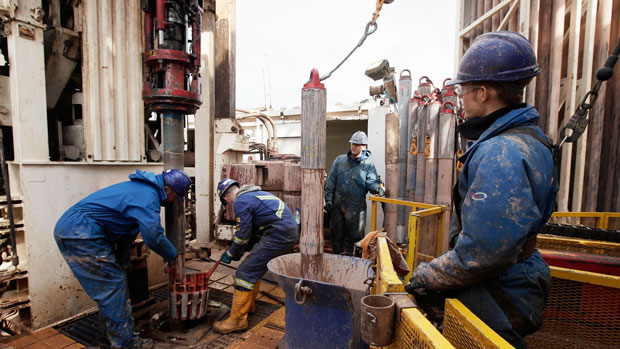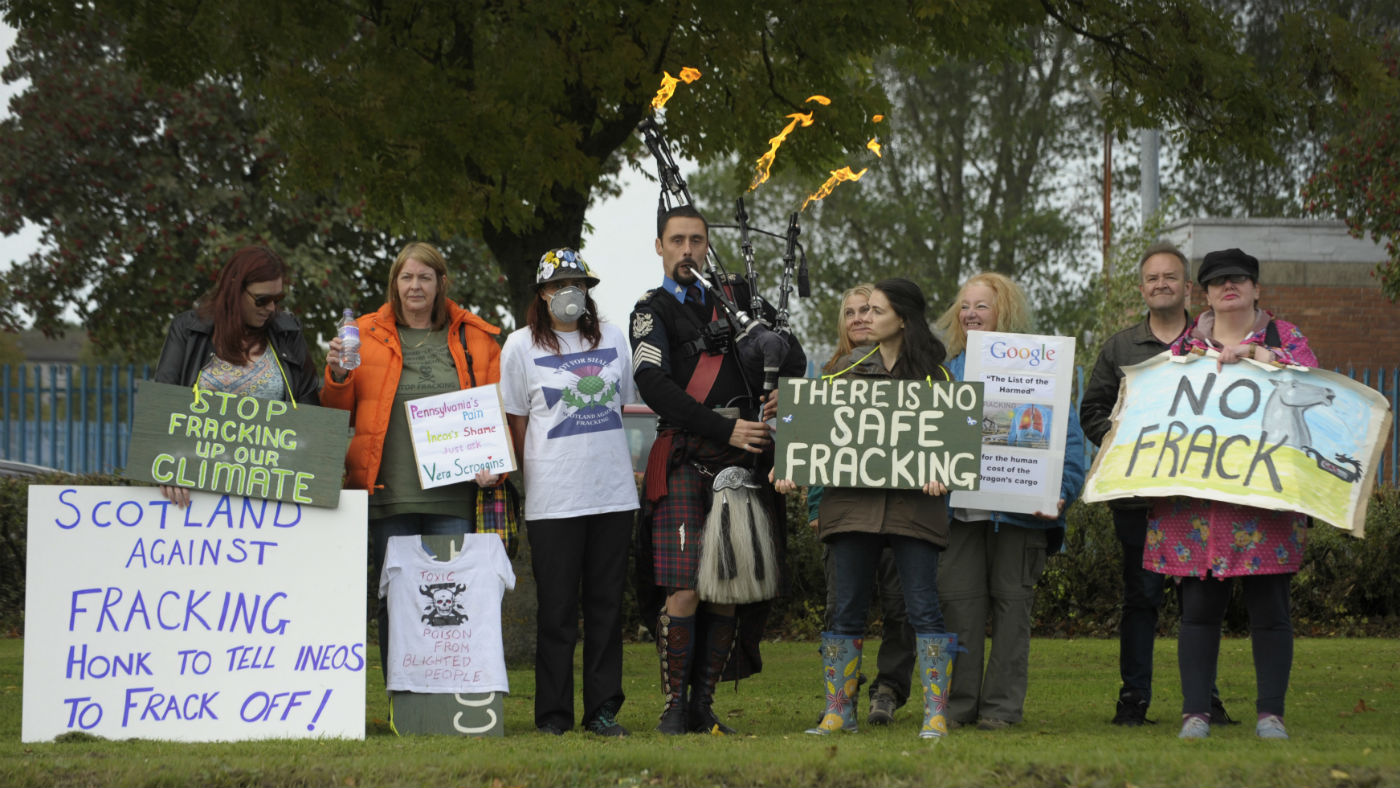Fracking's long-term effects unknown, say researchers
Experts say more information is needed to assess the safety of fracking in the UK

A free daily email with the biggest news stories of the day – and the best features from TheWeek.com
You are now subscribed
Your newsletter sign-up was successful
THE long-term effects of fracking are "unknown" but it is likely that some wells will suffer "failures" causing air and water pollution, a new study has claimed. Researchers investigating onshore well failures – in which oil, gas and drilling fluids escape into the environment – said data from the US showed that shale gas wells in Pennsylvania had led to pollution. The paper added that well integrity would become an "important issue" for the shale gas industry and concluded: "It is likely that well barrier failure will occur in a small number of wells and this could in some instances lead to some form of environmental contamination." At present there are no operational shale gas wells in the UK, but the study noted that more than 2,000 onshore gas and oil wells had been drilled in the UK since 1902. However, information on failures is not publicly available. Professor Richard Davies of Durham University, who led the research, said that more information on existing wells was needed in order to assess the potential impact of fracking. "The research confirms that well failure... is an issue," he said. "In the UK, wells are monitored by well inspectors but there is no information in the public domain, so we don't really know the full extent of well failures. There were unknowns we couldn't get to the bottom of." The research looked at publicly available data on the four million known onshore hydrocarbon wells around the world to try to assess the safety of "unconventional" oil and gas exploitation, including shale gas extraction, which uses hydraulic fracturing or fracking to free pockets of gas. The report focused on instances of well failure where oil, gas and drilling fluids had leaked into the environment, The Guardian explains. It suggested that more information was necessary before the safety of shale gas could be properly determined. The coalition hopes that fracking may become a key "driver" for the UK economy and the British Geological Survey believes there is an estimated 1,300 trillion cubic feet of shale gas in the north of England, says the BBC.
A free daily email with the biggest news stories of the day – and the best features from TheWeek.com
The Week
Escape your echo chamber. Get the facts behind the news, plus analysis from multiple perspectives.

Sign up for The Week's Free Newsletters
From our morning news briefing to a weekly Good News Newsletter, get the best of The Week delivered directly to your inbox.
From our morning news briefing to a weekly Good News Newsletter, get the best of The Week delivered directly to your inbox.
-
 5 calamitous cartoons about the Washington Post layoffs
5 calamitous cartoons about the Washington Post layoffsCartoons Artists take on a new chapter in journalism, democracy in darkness, and more
-
 Political cartoons for February 14
Political cartoons for February 14Cartoons Saturday's political cartoons include a Valentine's grift, Hillary on the hook, and more
-
 Tourangelle-style pork with prunes recipe
Tourangelle-style pork with prunes recipeThe Week Recommends This traditional, rustic dish is a French classic
-
 The pros and cons of fracking
The pros and cons of frackingPros and Cons New PM Liz Truss could revive controversial practice ‘within days’ due to Britain's energy woes
-
 The Week Unwrapped podcast: Virtual protest, RuPaul and rhinos
The Week Unwrapped podcast: Virtual protest, RuPaul and rhinosIn Depth How do you march if you’re in self-isolation? Is RuPaul really an oil baron? And are rhino numbers heading in the right direction?
-
 Third earthquake in a week near UK fracking site
Third earthquake in a week near UK fracking siteSpeed Read Local residents describe ‘really deep, guttural roar’ near shale gas site
-
 Fracking unsuitable for UK, geologist claims
Fracking unsuitable for UK, geologist claimsSpeed Read Professor John Underhill says it is '55 million years too late' to exploit 'hyped' oil reserves